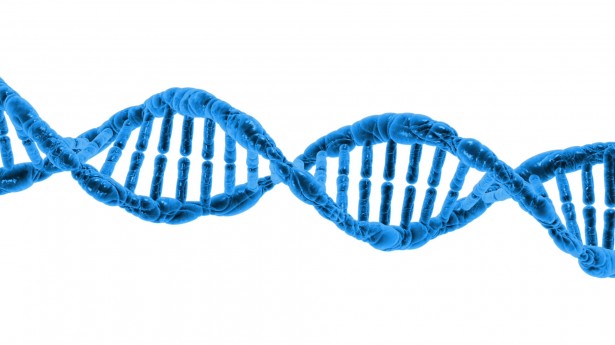Editing Babies? We Need to Learn a Lot More First
By Eric J. Topol,
The New York Times
| 11. 27. 2018
Sooner or later it was bound to happen: A rogue scientist in China claims to have edited a gene in two human embryos and implanted them in the mother’s womb, resulting in the birth of genetically altered twin girls. We’re no longer in the realm of science fiction. If true, this hacking of their biological operating instructions, which they will pass on to their children and generations to come, is a dangerous breach of medical ethics and responsible research and must be condemned.
This is not to say that medicine won’t someday employ gene-editing technologies in similar ways. But that time has not arrived. There are still too many risks, too many unknowns, about tinkering with our heritable genetic blueprints.
In recent years genome editing has been appropriately heralded as the most important advance of biotechnology of our generation, and most likely the past century. Known as Crispr, this technique, and related DNA editing tools, enable their users to cut and paste discrete letters of the genome. This ability has markedly advanced science, shedding new light on the complex human...
Related Articles
By Diaa Hadid and Shweta Desai, NPR | 01.29.2026
MUMBRA, India — The afternoon sun shines on the woman in a commuter-town café, highlighting her almond-shaped eyes and pale skin, a look often sought after by couples who need an egg to have a baby.
"I have good eggs,"...
By George Janes, BioNews | 01.12.2026
A heart attack patient has become the first person to be treated in a clinical trial of an experimental gene therapy, which aims to strengthen blood vessels after coronary bypass surgery.
Coronary artery bypass surgery is performed to treat...
By Staff, ScienceDaily | 01.05.2026
Scientists at UNSW Sydney have developed a new form of CRISPR technology that could make gene therapy safer while also resolving a decades-long debate about how genes are switched off. The research shows that small chemical markers attached to DNA
...
Following a long-standing CGS tradition, we present a selection of our favorite Biopolitical Times posts of the past year.
In 2025, we published up to four posts every month, written by 12 authors (staff, consultants and allies), some in collaboration and one simply credited to CGS.
These titles are presented in chronological order, except for three In Memoriam notices, which follow. Many more posts that are worth your time can be found in the archive. Scroll down and “VIEW...




